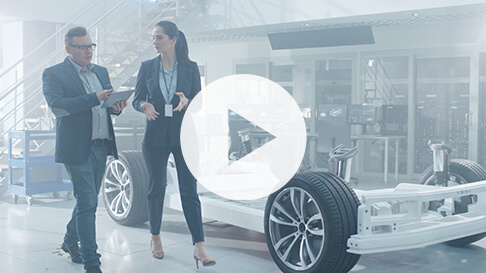Improving Automotive Electronic Performance in Harsh Service Environments
Next generation thin film solutions for advanced vehicle protection
Register To Attend The Webinar
By 2030, electronics will account for 50% of a car’s total cost, worldwide, as the automotive industry shifts towards more autonomy.
In this webinar, you will learn:
- Current and future trends driving the evolution of automotive electronic components.
- Challenges that these trends present for manufacturers and their design engineers.
- How to protect electronic components from severe service environments.
- Why engineers are turning to thin-film alternatives instead of the traditional protection methods.
- The beneficial properties of Parylene and nanocoatings.
Webinar Registration:
Electronic components intended for automotive applications face exposure to wide temperature extremes, myriad fluids, and random vibrations. Under the hood, Parylene exhibits beneficial properties conducive to reliable operation, including good abrasion resistance, low moisture permeability, and excellent thermal properties. In-cabin, nanocoatings are a competitive method for splash and moisture resistance from any liquid type.

Presenter:
Calvin Jennings
HZO Senior Director, Automotive
Calvin Jennings joined HZO with over 20 years of experience in the automotive electronic business working for such companies as Ford, Visteon, Continental, and HBPO. Jennings worked in many areas of the automotive industry, from manufacturing and design engineering at Ford to business development and sales at Visteon, Continental, and HBPO. Jennings holds a B.S. in Electrical Engineering from Widener University and an MBA from the University of Michigan, Ross School of Business.

Presenter:
Dominique Throop
HZO Application Engineer, Automotive
Dominique Throop has worked in the automotive industry for over five years at a Massachusetts based Tier II supplier working with many Tier I and OEM companies. She has experience as a Quality Engineer and a Sr. Materials Engineer, as well as a few other roles along the way. Throop holds a B.S. in Chemical Engineering from Worcester Polytechnic Institute.

